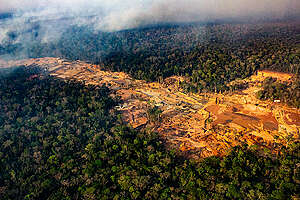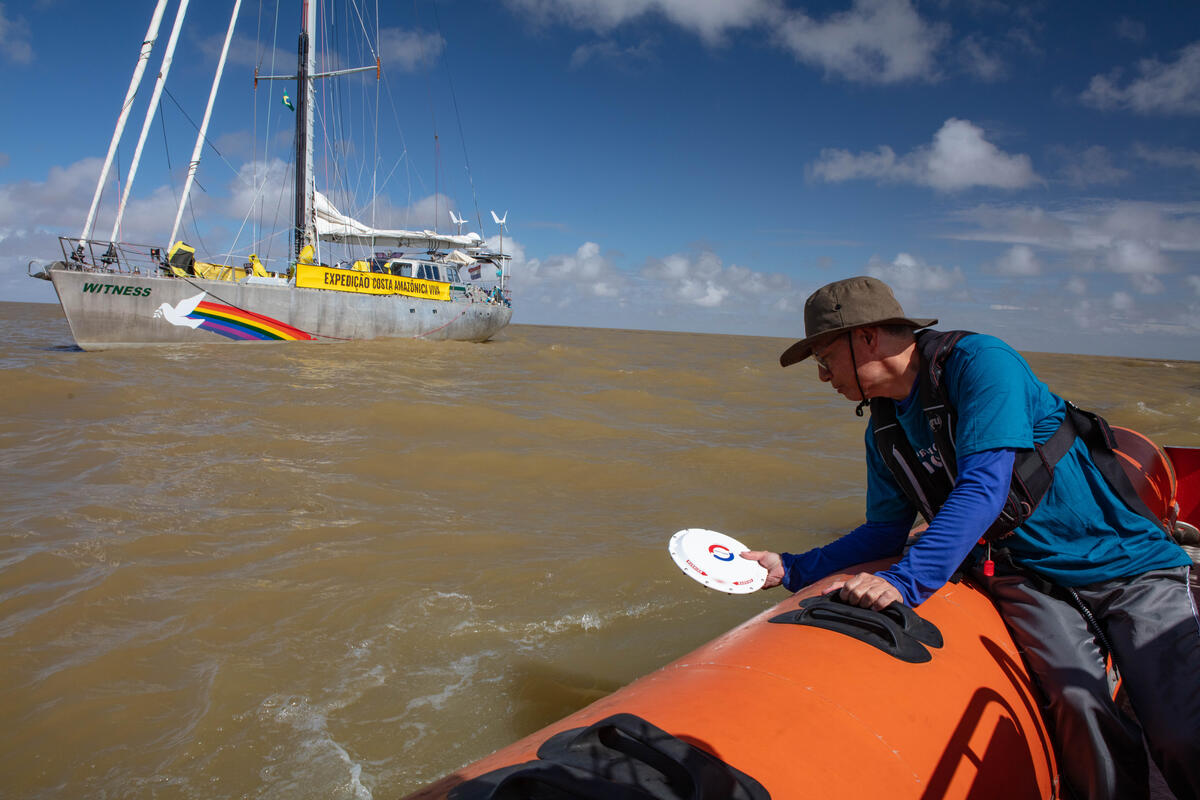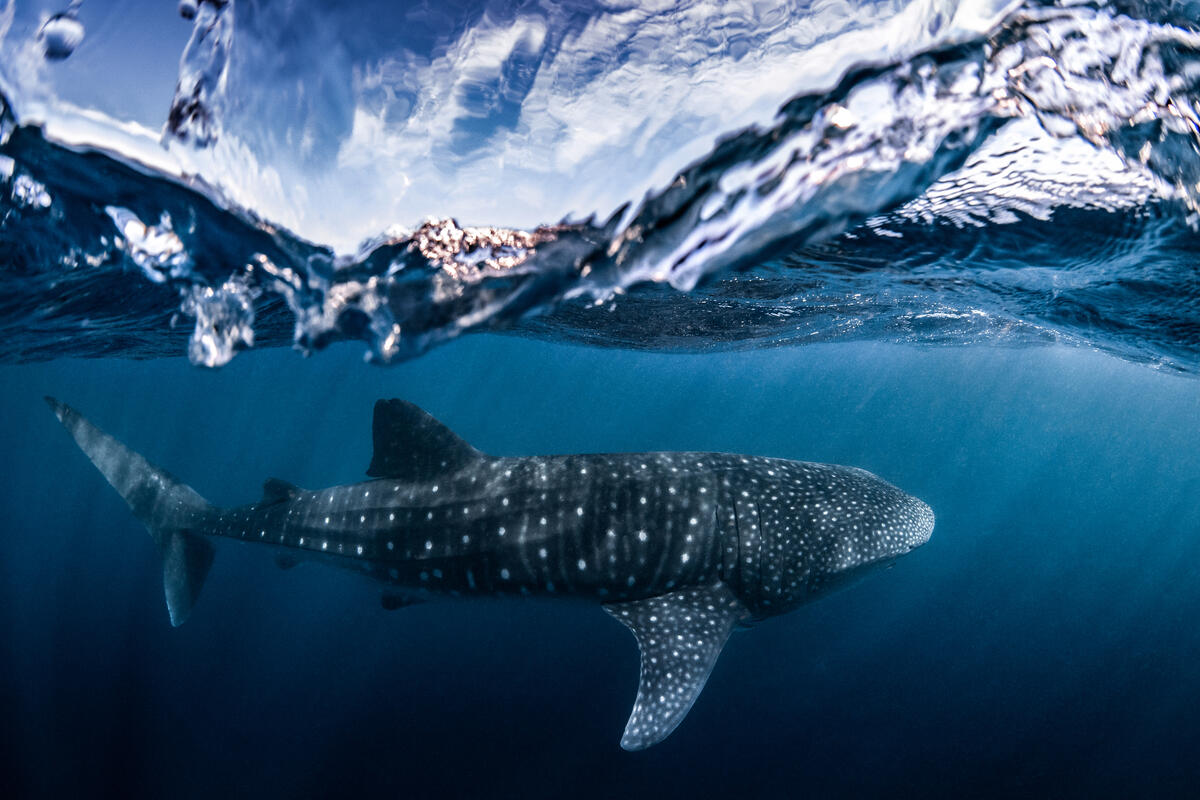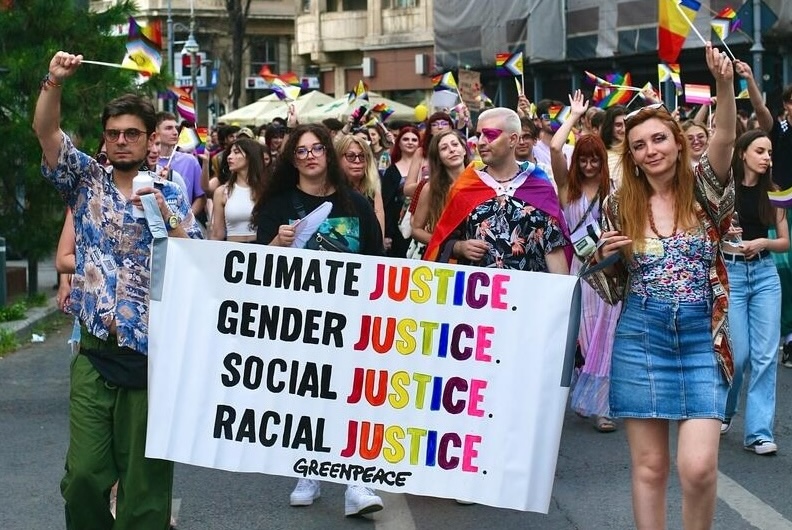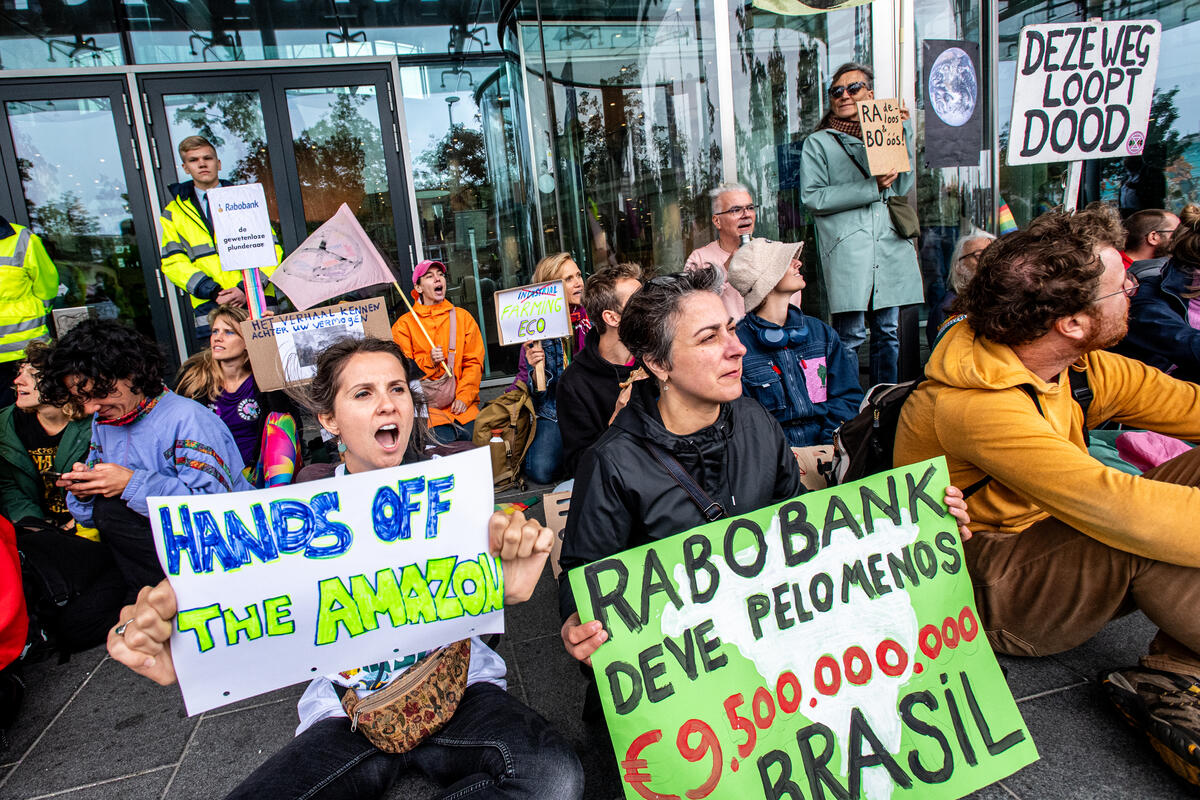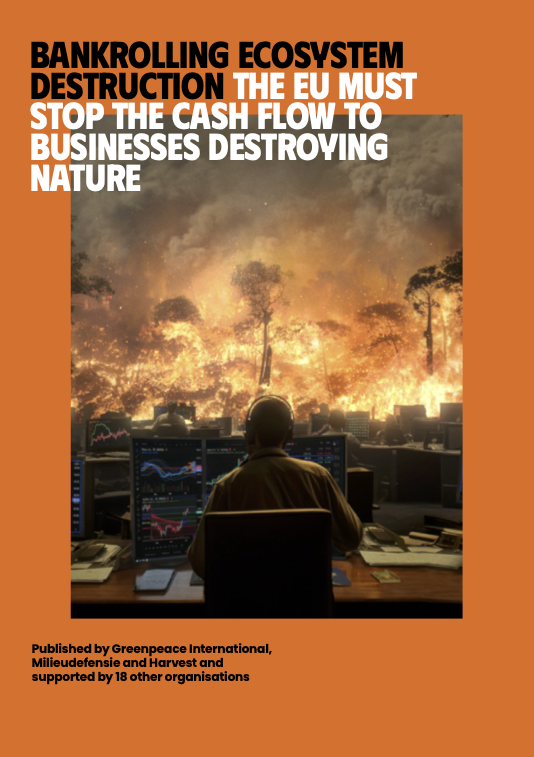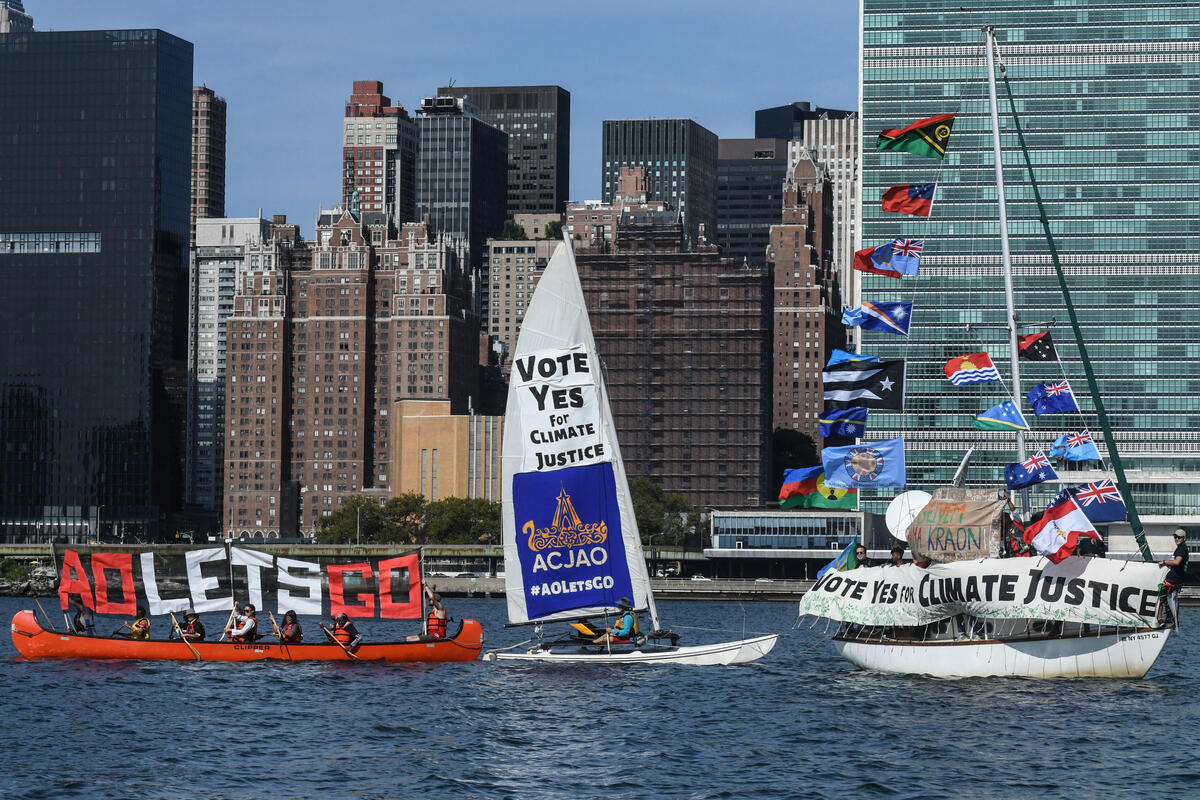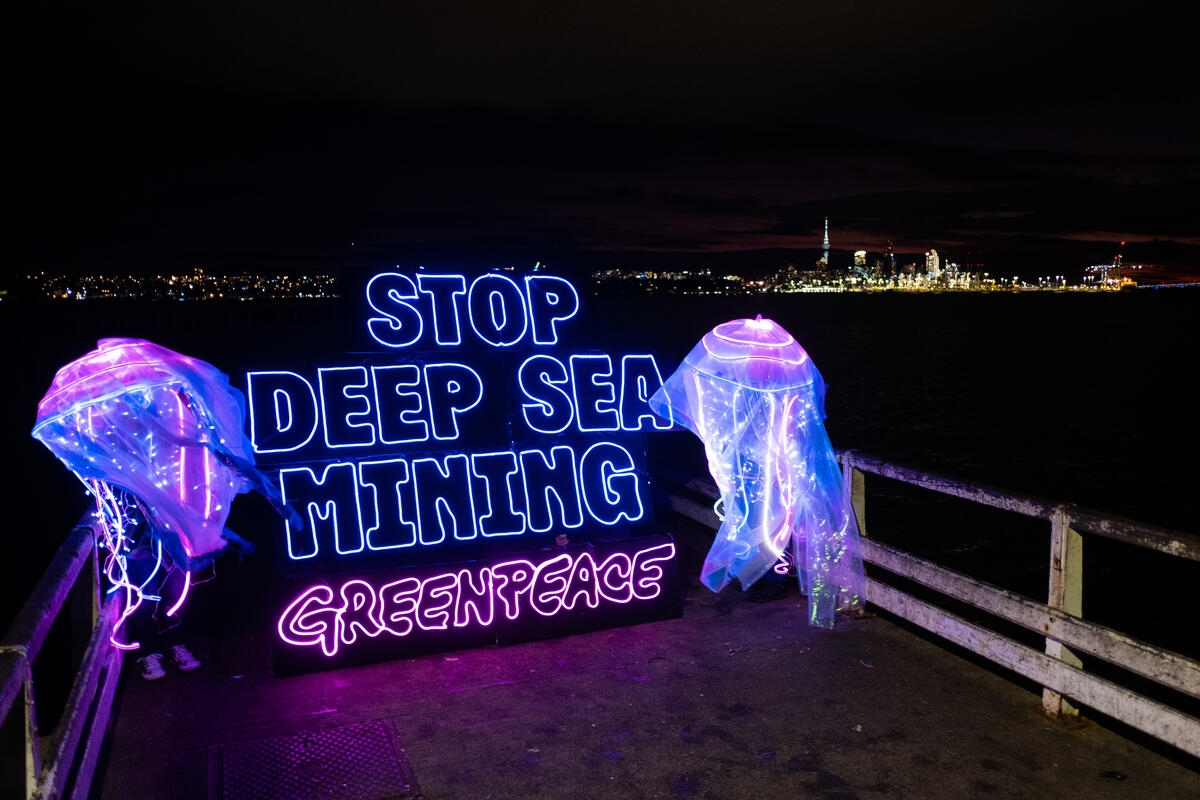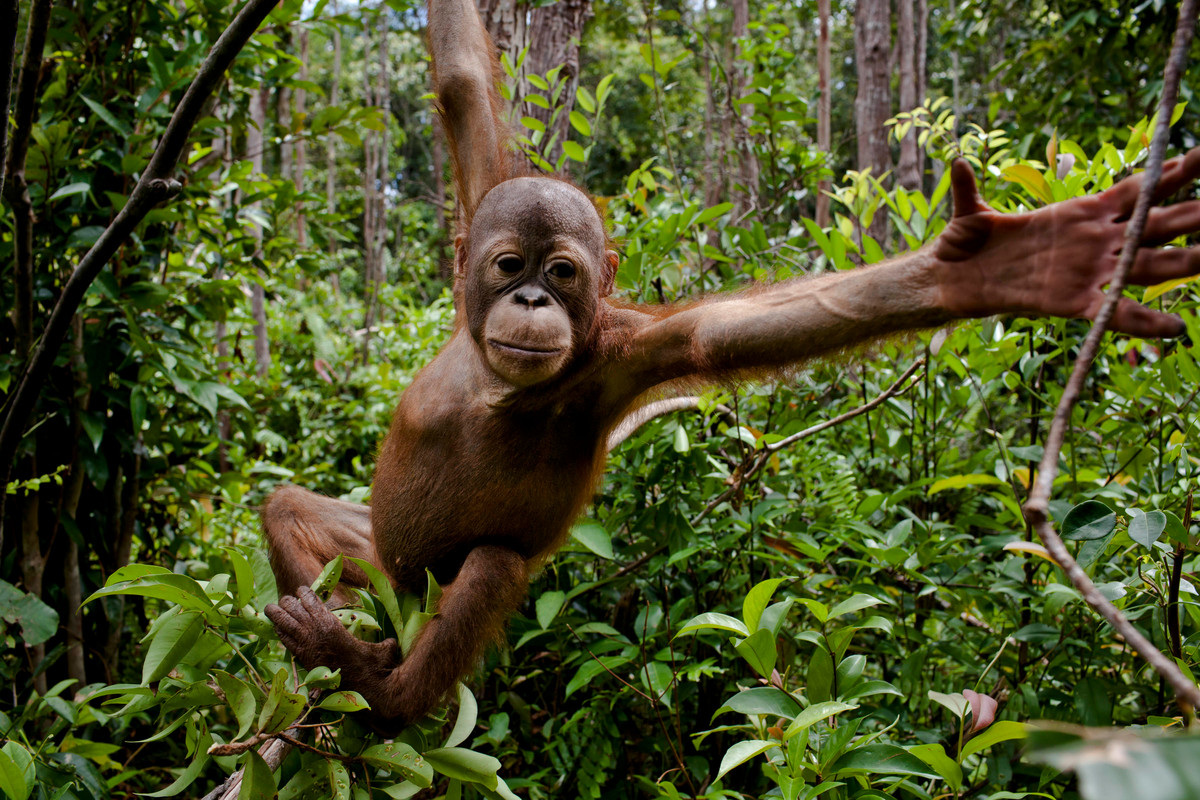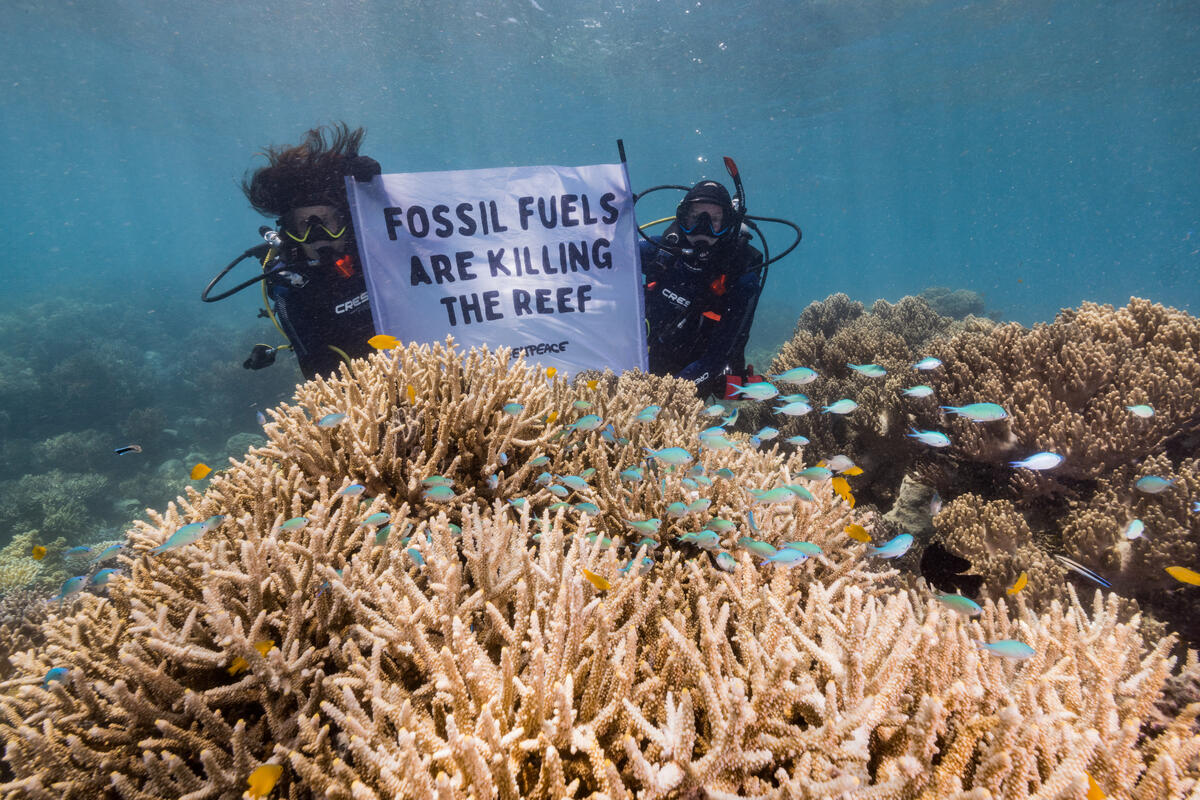All articles
-
New research reveals impacts of an oil spill off Amazon Coast
Greenpeace Brazil’s Protect the Amazon Coast Expedition launched GPS drifters at different points in the mouth of the Amazon Basin to monitor marine currents in the region and show where oil could end up in case of a spill.
-
Whale sharks – The gentle giants of the Galapagos Marine Reserve
The whale shark, the largest fish in the ocean, visits the waters of the Galapagos Marine Reserve on a regular basis. But there is something quite unique about the whale shark population in this area. There are over 30 different species of sharks in the Galapagos Marine Reserve, and the biggest one by far is…
-
The financial sector is undermining the EU’s efforts to tackle nature destruction
The European Union presents itself as a role model in tackling biodiversity loss. But EU banks and finance institutions are bankrolling nature destruction on a global scale.
-
Bankrolling Ecosystem Destruction
This report lays out the importance of EU regulation of the financial sector to align finance with the global 1.5°C and biodiversity targets, including ending any new provision of financial services to groups that contribute to nature destruction.
-
“Stop deep sea mining, not protests”, Greenpeace demands regulator
Governments gather to debate deep sea mining amid growing public resistance, as the 29th session of the International Seabed Authority (ISA) starts in Kingston, Jamaica.
-
Deforestation Anonymous
In Indonesia since 2021, one forestry company – PT Mayawana Persada – has cleared more than 33,000 hectares, an area nearly half the size of Singapore. As this report sets…
-
Massive deforestation in Borneo destroying orangutan habitat
A coalition of leading environmental organisations have released a report that sheds light on the alarming resurgence of deforestation in Indonesia.
-
Seventh Great Barrier Reef mass bleaching a desperate warning to end fossil fuels
“We know that the climate crisis is driving deadly marine heatwaves and devastating our marine ecosystems, but the frequency and scale at which these mass bleaching events are now occurring is frightening — every summer we’re holding our breath."

